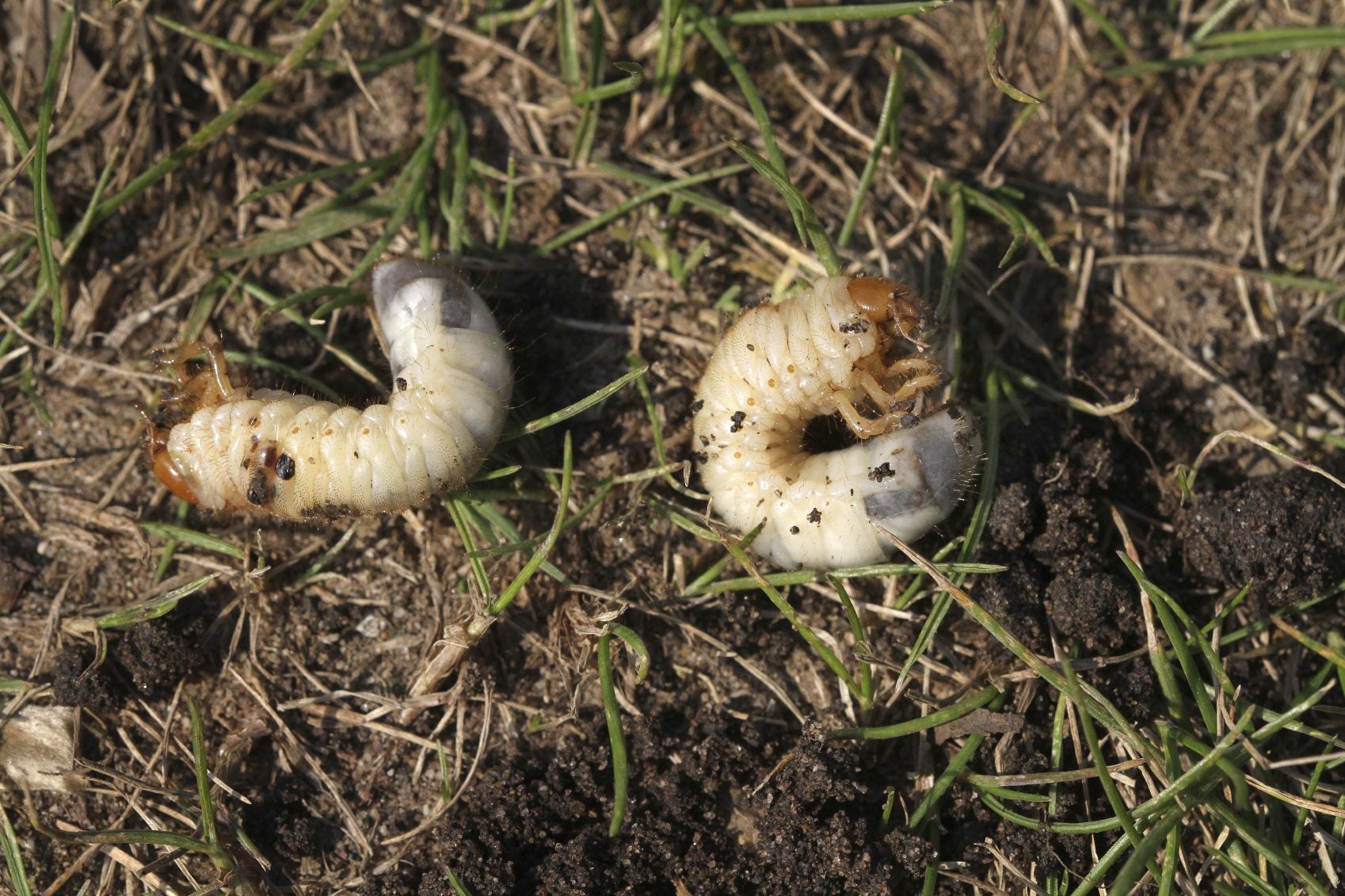In the world of gardening, the soil is more than just dirt. It’s the lifeblood of your garden. For those of us with a passion for nurturing the environment as we nurture our plants, organic potting soil has emerged as a non-negotiable ally. This comprehensive guide is tailored for gardening enthusiasts, eco-conscious consumers, and the organic gardening community at large. Here, we’ll explore the ins and outs of organic potting soil, from its benefits and composition to tips on choosing or making your own.
Why Organic Matters
Organic potting soil is esteemed among gardeners for a multitude of reasons. Primarily, it supports the ethos of doing no harm, aligning with eco-friendly practices by avoiding chemicals that can leach into the ground and waterways. More than that, organic soil is designed to mimic the natural soil found in the healthiest ecosystems, packed with nutrients and life that plants need to thrive.
The Nutrient-Rich Composition of Organic Potting Soil
Unlike traditional potting mixes, organic versions are composed of natural materials such as peat moss, wood chips, composted bark, and other decomposed organic matter. This composition not only provides a rich nutrient environment for plants but also fosters beneficial microbial activity that enhances plant growth and health. The absence of synthetic fertilizers and chemicals means that these nutrients are released slowly and naturally, akin to how plants would absorb them in the wild.
Benefits of Using Organic Potting Soil in Your Garden
- Enhanced Plant Health: The nutrient-rich environment promotes stronger, more resilient plant growth.
- Sustainable Practices: Organic soils contribute to ecological balance, reducing our carbon footprint.
- Safe for All: Without the use of harmful chemicals, organic potting soil is safe for children, pets, and wildlife.
- Improved Soil Structure: The components of organic soil aid in aeration and moisture retention, which are crucial for healthy root development.
How to Choose the Right Organic Potting Soil
When selecting an organic potting mix, consider the following aspects:
- Certifications: Look for products certified by reputable organic standards organizations. This ensures the soil meets stringent guidelines for being free of synthetic chemicals.
- Ingredient List: Check the composition of the soil. It should be a diverse mix of organic materials, each offering a range of benefits to your plants.
- Water Retention vs. Drainage: Depending on your plants’ needs, choose a soil that maintains moisture or one that promotes drainage. Succulents, for instance, thrive in well-drained soil, while leafy greens prefer more moisture retention.
- pH Level: Most organic soils have a neutral pH, suitable for a wide range of plants. However, some plants thrive in more acidic or alkaline conditions, so tailor your choice accordingly.
DIY Organic Potting Soil
For those inclined to create their own mix, DIY organic potting soil allows for complete control over the composition and quality. Here’s a simple recipe to get you started:
- 1 part coir peat or peat moss: For water retention.
- 1 part composted organic matter: Adds nutrients.
- 1 part perlite or vermiculite: Improves aeration and drainage.
- Optional: Add worm castings for a nutrient boost or lime to adjust pH levels.
Mix these components thoroughly to create a balanced, versatile potting soil ideal for various plants.
The Bottom Line
Whether you’re potting indoor plants, starting a kitchen garden, or nurturing a vibrant flower bed, organic potting soil can make all the difference. Its benefits extend beyond just the health of your plants, contributing to a healthier ecosystem. By choosing or making your own organic potting soil, you’re taking a vital step towards sustainable, responsible gardening that will reward you with lush, thriving plant life. Remember, the foundation of any great garden is the soil, so investing in the best, most eco-friendly option available not only makes sense—it’s essential.
